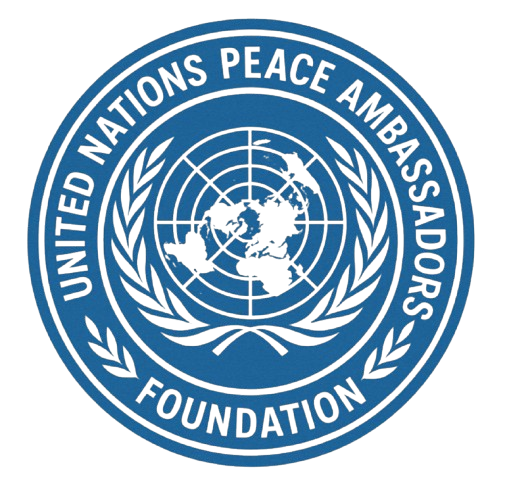The United Nations Peace Ambassadors Foundation – Pakistan has been involved in various humanitarian projects, including initiatives supporting refugees:
Refugee Support Initiatives
- Food and Shelter: Providing food, shelter, and essential supplies to refugees, particularly those affected by conflicts and natural disasters [1].
- Healthcare Services: Offering healthcare services, including medical check-ups, vaccinations, and emergency medical care, to refugees [2].
- Education and Skills Training: Supporting education and skills training programs for refugees, enabling them to acquire new skills and access better livelihood opportunities [1].
- Psychological Support: Providing psychological support and counseling services to refugees, helping them cope with trauma and stress [2].
Partnerships and Collaborations
- UNHCR Partnership: Collaborating with the United Nations High Commissioner for Refugees (UNHCR) to support refugee protection and assistance efforts [1].
- Local Community Engagement: Working with local communities to promote social cohesion and support the integration of refugees into host societies [2].
Focus Regions
- Afghan Refugees: Supporting Afghan refugees in Pakistan, providing essential services and promoting their well-being [1].
- Rohingya Refugees: Assisting Rohingya refugees, providing humanitarian aid and advocating for their rights and protection [2].
These projects demonstrate the foundation’s commitment to supporting refugees and promoting their well-being.
The United Nations Peace Ambassadors Foundation initiative is a program aimed at promoting peace, tolerance, and understanding globally. Here are some possible aspects of this initiative:
Key Objectives:
1. Promoting peace education and awareness
2. Encouraging interfaith dialogue and harmony
3. Supporting conflict resolution and mediation
4. Empowering youth and women for peacebuilding
5. Advocating for human rights and social justice
Program Components:
1. Peace Ambassador Training Programs
2. International Peace Conferences and Summits
3. Community Development Projects
4. Peace Education and Curriculum Development
5. Advocacy and Policy Engagement
Target Groups:
1. Youth leaders and activists
2. Women’s groups and organizations
3. Community leaders and elders
4. Religious leaders and interfaith groups
5. Governments and policymakers
Expected Outcomes:
1. Increased awareness and understanding of peace and tolerance
2. Improved interfaith relations and community cohesion
3. Enhanced capacity for conflict resolution and mediation
4. Empowered youth and women for peacebuilding
5. Contributed to a more peaceful and harmonious world
Potential Partnerships:
1. United Nations agencies and programs
2. Governments and international organizations
3. Civil society organizations and NGOs
4. Educational institutions and universities
5. Community groups and religious organizations.
